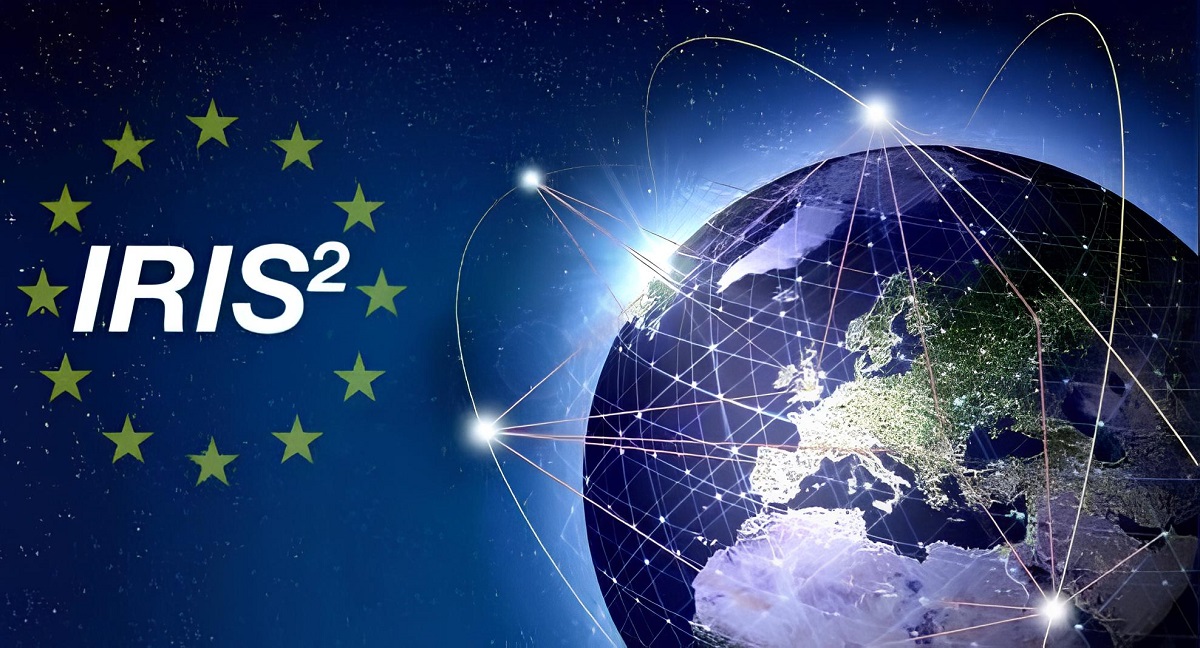Instead of Starlink and Kuiper: the European Union will create its own satellite internet network IRIS²

On 31 October 2024, the European Commission announced a concession contract with the SpaceRise consortium for the development, deployment and operation of the European IRIS² secure communications satellite system.
Here's What We Know
The EU is looking to build its own satellite internet to avoid dependence on the US infrastructures of SpaceX's Starlink and Amazon's Kuiper.
The contract gave the SpaceRise consortium a twelve-year concession to develop, deploy and operate Europe's IRIS² secure communications satellite system.
The SpaceRISE consortium consists of three European satellite network operators: SES SA, Eutelsat SA and Hispasat SA. To carry out the work, the consortium relies on a core team of European subcontractors from all segments of the satellite communications ecosystem: Thales Alenia Space, OHB, Airbus Defence and Space, Telespazio, Deutsche Telekom, Orange, Hisdesat and Thales SIX.
The aim is to produce 290 satellites by 2030, deploy them and offer the first services to institutional customers (states, government agencies, armies), businesses and European citizens.
The contract will be financed by public (European Union and ESA) and private investment (SpaceRISE consortium), which could amount to between 3 and 4 billion euros on the part of the consortium. With regard to the contribution of the European Union, since the concession contract covers several financial perspectives, the European Commission will first enter into budgetary commitments for the current multi-year financial structure and its contribution will be in the amount of €6 billion. Additional amounts may be made available after 31 December 2027, in particular subject to the adoption of a successor programme by the European Parliament and the Council and the availability of appropriate appropriations.
The formal signing of the contract will take place in December 2024.
Source: European Commission